Trump’s Tariffs – History Has Lessons To Be Followed
Authored by Gregory T. Kiley via RealClearDefense,
Interesting times. Just one month into President Donald Trump’s second term in office and one would be forgiven for feeling a little whiplashed. From invoking and revoking Federal Government-wide Office and Management and Budget policy memoranda to announcing wide-reaching tariffs and then staying implementation those same tariffs, Trump’s second tour White House has started eventfully.
Hopefully, at least as far as Trade Policy is concerned, once personnel are in place, deliberate, rational, and thoughtful trade and trade negotiations will continue that seeks the long-term goals established by the president, while also helping American businesses in the short term to better fight back, level the playing field, and win here in the U.S. market with American consumers.
On President Trump’s first working Monday in office his Office of Management and Budget released a memorandum freezing all federal financial assistance and grants. This might have been a well-meaning attempt for the new Administration to review federal spending priorities, but such a blanket call to freeze funds was unprecedented and confusing to those not consulted – including the other branches of government. Within hours, OMB rescinded the far reaching, over broad memo, but will continue their review of funding – as they rightfully should.
On Tariffs, the Presidential-candidate Trump ran on his plan to utilize tariffs as a tool of foreign policy, economic policy, and to Make America Great Again. It should have come to no surprise that one of the first acts now President Trump did was to threaten the country of Columbia with tariffs if they did not accept back illegal aliens that our government plans to return. Columbia caved on the threat and accepted the returnees.
Next has come a broad 25 percent tariff on Canada and Mexico announced January 31st, 2025. Purportedly tied to the excessive funneling of illegal fentanyl drugs into the United States, within hours of implementation, Mexico has agreed to send troops to the border to stop illegal immigration, resulting in at least a month delay in imposing the 25 percent tariff on Mexico goods. Canada similarly agreed to work with the Trump Administration to stem the flow of illegal drugs in exchange for a halt to implementation of tariffs.
Bold actions, some positive results, however, a better model could be found in the careful, deliberate negotiated approach of 2017-2020 Trump White House and Team.
Still, with the confirmation of Secretary of Treasury Scott Bessent, Secretary of Commerce Howard Lutnick and nomination of Jamieson Greer to serve as the U.S. Trade Representative (USTR), President Trump has an experienced team coming to hopefully make judicious use of Tariff policy.
Another thing the first Trump Administration got right was a laser focus on China and its predatory practices. Trump’s team needs to continue pushing the goals and intentions of China tariffs – to increase domestic production and jobs across America over Chinese government-assisted and enabled entities. The tariffs are designed to encourage more domestic production, making it at least as expensive to import from abroad over manufacturing domestically.
The tariff regime is broken if it can advantage Chinese companies while disadvantaging American companies. This is an inequity about the current tariff system that President Trump can fix. One example is Milwaukee Tool, which contrary to popular belief is actually a Chinese company. The Trade Alliance to Promote Prosperity in 2024 alleged the Chinese firm (like others) may not be paying its fair tariff share, taking advantage of America and hurting American competitors in the process.
Moving forward, this second Trump Administration should ensure the system doesn’t disadvantage American companies over their Chinese competitors that benefit from government subsidies. Trump should use his tariff authority judiciously, including the use of exemptions to help American companies battle back and, ultimately, invest more in the U.S. and create new manufacturing career opportunities in the process. The same way the threat of tariffs gives the president leverage with world leaders; the use of targeted tariff exemptions can do the same to help American businesses grow strong again.
These are indeed interesting times, and as the old English Phrase connotated, may we live up to their challenges. The second Trump Administration has started with a bang, now the hard work of detailed negotiation and focused policy needs to follow.
Gregory T. Kiley, former senior professional staff member, Senate Armed Services Committee; and U.S. Air Force Officer
Tyler Durden
Thu, 02/20/2025 – 23:25

 5 miesięcy temu
5 miesięcy temu
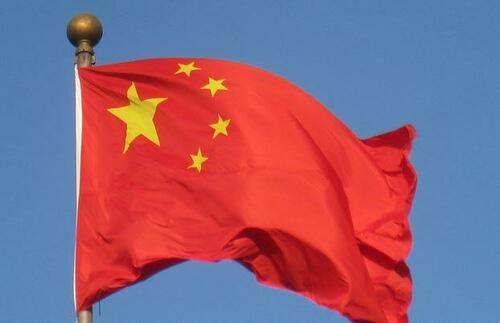
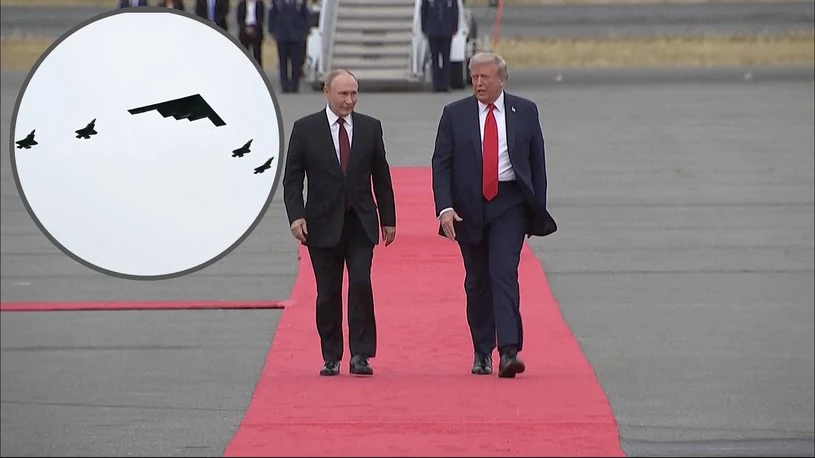


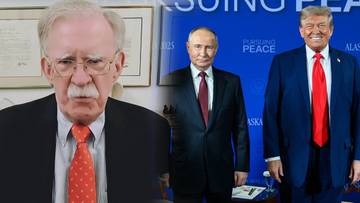
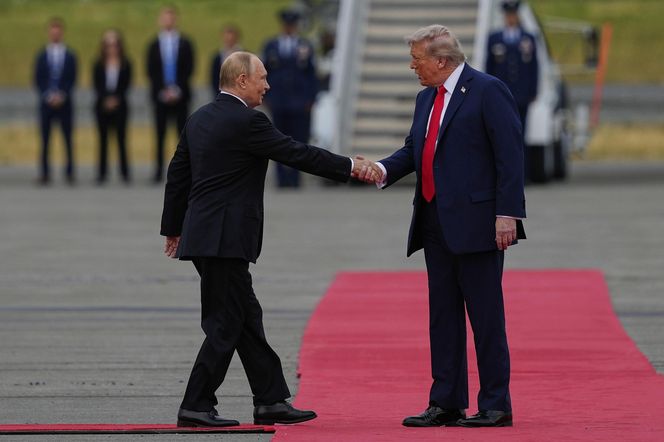
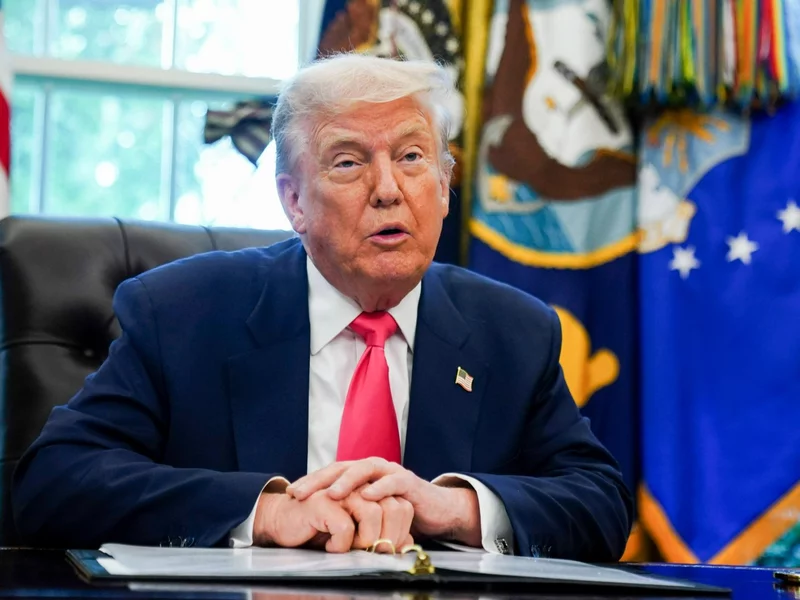







![Krotoszynianie oddali hołd bohaterom "Cudu nad Wisłą" [ZDJĘCIA]](https://storage.googleapis.com/poludniowaoficyna-pbem/krotoszynska/articles/image/26909bbe-f801-4f4f-b6c7-4e8848bbec3e)

